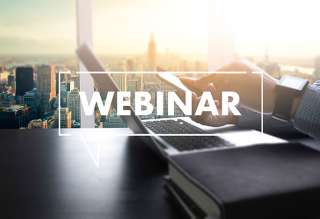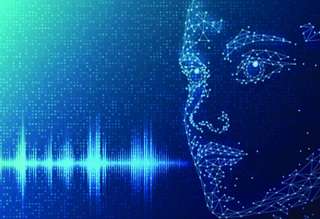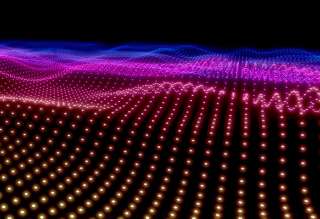SPS Feed
Top Reasons to Join SPS Today!
1. IEEE Signal Processing Magazine
2. Signal Processing Digital Library*
3. Inside Signal Processing Newsletter
4. SPS Resource Center
5. Career advancement & recognition
6. Discounts on conferences and publications
7. Professional networking
8. Communities for students, young professionals, and women
9. Volunteer opportunities
10. Coming soon! PDH/CEU credits
Click here to learn more.
The Latest News, Articles, and Events in Signal Processing

Location: Instituto de Telecomunicações, Instituto Superior Técnico, University of Lisbon, Portugal
Date: 20 September 2023
Time: 11:00 AM ET (New York Time)
Speaker(s): Dr. Xudong Zhang, Dr. Fangzhou Wang, Dr. Hongbin Li
Date: 13 February 2023
Time: 2:30 PM ET (New York Time)
Full webinar details
Date: 18 April 2023
Time: 3:00 PM CET (Local time)
Presenter(s): Dr. Matthews Jacob
Date: 14 September 2023
Time: 7:30 AM ET (New York Time)
Speaker(s): Dr. Cheng Lu, Dr. Ya-Feng Liu, Dr. Jing Zhou

The Signal Processing, Learning, and Computing (SPLC) Group at the Baltic Institute of Advanced Technology (BPTI) seeks a postdoctoral researcher in theoretical and applied signal processing.
The successful candidate will develop new computational methods for airborne object recognition in radar signals.
One year ago, I was writing the IEEE Signal Processing Magazine 2022 May editorial when the Russian army brutally attacked Ukraine. One year after, war is always present… I can’t understand how a single man and his entourage can unleash such a killing spree and be responsible for so many deaths, especially innocent victims like children.
Humans can listen to a target speaker even in challenging acoustic conditions that have noise, reverberation, and interfering speakers. This phenomenon is known as the cocktail party effect . For decades, researchers have focused on approaching the listening ability of humans. One critical issue is handling interfering speakers because the target and nontarget speech signals share similar characteristics, complicating their discrimination.
Analyzing the magnitude response of a finite-length sequence is a ubiquitous task in signal processing. However, the discrete Fourier transform (DFT) provides only discrete sampling points of the response characteristic. This work introduces bounds on the magnitude response, which can be efficiently computed without additional zero padding. The proposed bounds can be used for more informative visualization and inform whether additional frequency resolution or zero padding is required.
Linear regression models have a wide range of applications in statistics, signal processing, and machine learning. In this Lecture Notes column we will examine the performance of the least-squares (LS) estimator with a focus on the case when there are more parameters than training samples, which is often overlooked in textbooks on estimation.
Apollo 11 was the first manned space mission to successfully bring astronauts to the Moon and return them safely. As part of NASA’s goal in assessing team and mission success, all voice communications within mission control, astronauts, and support staff were captured using a multichannel analog system, which until recently had never been made available. More than 400 personnel served as mission specialists/support who communicated across 30 audio loops, resulting in 9,000+ h of data. It is essential to identify each speaker’s role during Apollo and analyze group communication to achieve a common goal.
The underrepresentation of women in science, technology, engineering, and mathematics (STEM) fields is an issue that has been studied extensively [1] . Yet women still face many challenges, even though the demand for many STEM occupations has exploded. Many factors contribute to the low number of women in the STEM field. From an early age, girls are exposed to many cultural cues that dissuade them from participating in STEM fields. This gender bias is enforced by implicit or explicit messages from multiple sources.
Date: 25-27 June 2024
Location: Singapore
Pages
SPS Social Media
- IEEE SPS Facebook Page https://www.facebook.com/ieeeSPS
- IEEE SPS X Page https://x.com/IEEEsps
- IEEE SPS Instagram Page https://www.instagram.com/ieeesps/?hl=en
- IEEE SPS LinkedIn Page https://www.linkedin.com/company/ieeesps/
- IEEE SPS YouTube Channel https://www.youtube.com/ieeeSPS























